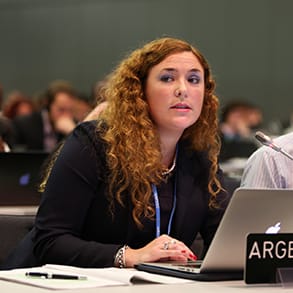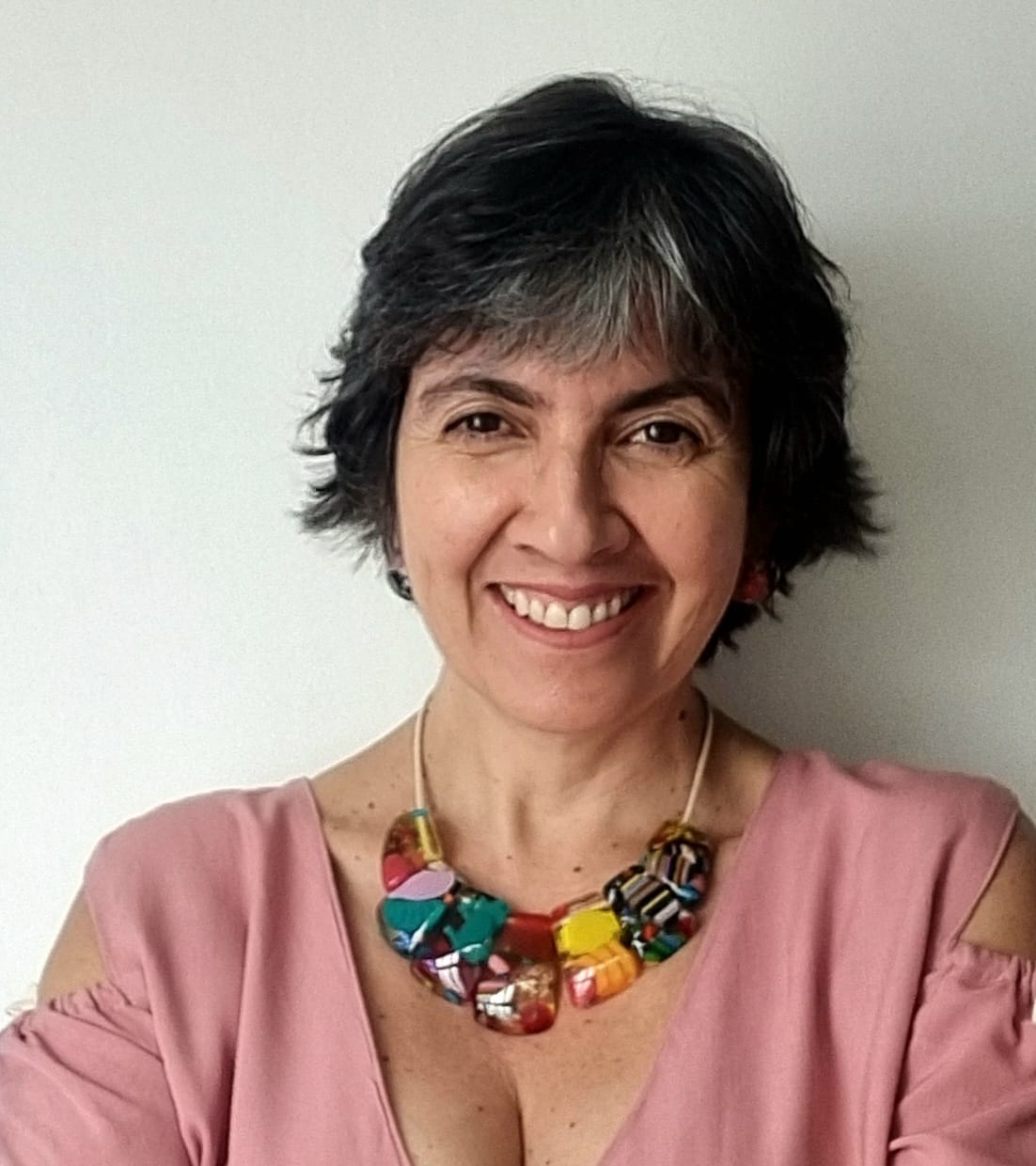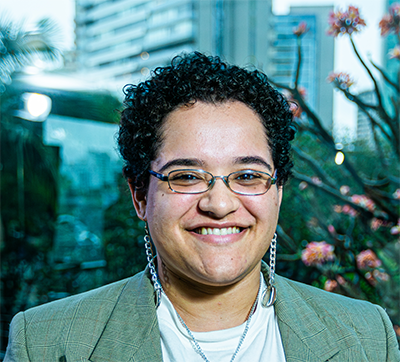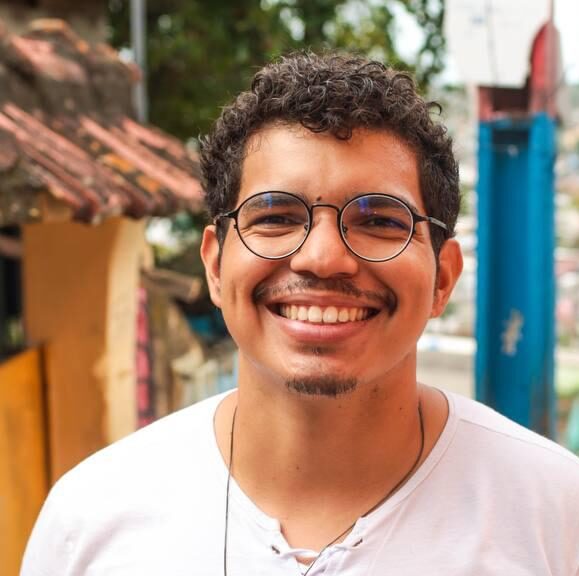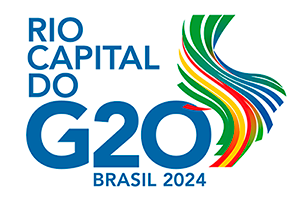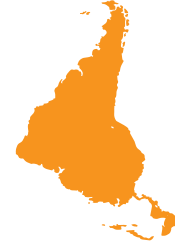
Climate Adaptation Diplomacy as a Priority for Latin America and the Caribbean
Diplomacia da Adaptação Climática como prioridade para América Latina e Caribe
With civil society organizations from Argentina, Brazil, Bolivia, Colombia, Costa Rica, Honduras, Mexico, Nicaragua, and Paraguay
Diplomacia da Adaptação Climática como prioridade para América Latina e Caribe
Diplomacia da Adaptação Climática como prioridade para América Latina e Caribe
Programação e materiais de apoio da capacitação presencial realizada pelo Instituto Talanoa entre 29 e 31 de outubro, no Rio de Janeiro
THE COACHES
Training materials
BIBLIOGRAPHICAL
REFERENCES
DESSAI, Suraje; HALL, James W.; LANE, Andrew P.; et al. Adaptation to climate change: A review of frameworks, methods, and tools. Climatic Change, v. 97, n. 2, p. 89-102, 2010.
IPCC. (2022). AR6 Working Group III Report: Mitigation of Climate Change. Genebra, Suíça: Painel Intergovernamental sobre Mudanças Climáticas. Disponível em: www.ipcc.ch/report/ar6/wg3/.
IPCC. (2014). AR5 Synthesis Report: Climate Change 2014. Genebra, Suíça: Painel Intergovernamental sobre Mudanças Climáticas. Disponível em: www.ipcc.ch/report/ar5/syr/
Margulis. Sergio. Mudanças do clima: tudo que você queria e não queria saber. Rio de Janeiro: Konrad Adenauer Stiftung, 2020. 180 p. Disponível em: www.mudancasdoclima.com.br
UNEP. (2023). Adaptation Gap Report 2023. Programa das Nações Unidas para o Meio Ambiente (UNEP). Disponível em: www.unep.org/resources/adaptation-gap-report-2023
READING
SUGGESTIONS
Adelekan, I.; Cartwrite, A.; Lemos, M. F.. What the latest science on impacts, adaptation and vulnerability means for cities and urban areas.; New Delhi: Indian Institute for Human Settlements, 2022.
Castellanos, E.; Lemos, M.F.. Central and South America. In: Climate Change 2022: Impacts, Adaptation and Vulnerability. Contribution of Working Group II to the Sixth Assessment Report of the Intergovernmental Panel on Climate Change: ; Cambridge: Cambridge University Press, 2022.
Jattansingh, S. (2024). Climate justice and loss and damage: perspectives from the global south. Climate Analytics.
Intergovernmental Panel on Climate Change (IPCC). Chapter 12: Climate Resilient Development Pathways. In AR6 Climate Change 2022: Impacts, Adaptation, and Vulnerability.
Sircar, A., Thomas, A., Serdeczny, O., & Jattansingh, S. (2024). Adaptation constraints, limits and enabling conditions in small island developing states. Journal of Environmental Management.
Sircar, A., Thomas, A., Serdeczny, O., & Jattansingh, S. (2024). A review of loss and damage in the Caribbean (1994 to 2024). Climate Analytics.
Thomas, A., Sircar, A., Serdeczny, O., & Jattansingh, S. (2024). Climatic risks to adaptive capacity. Mitigation and Adaptation Strategies for Global Change.
Urban Climate Change Research Network (UCCRN). Climate Change and Cities. Second Assessment Report of the Urban Climate Change Research Network. New York, NY, USA: Cambridge University Press, 2018.
Ministério da Ciência, Tecnologia e Inovação (MCTI). Quarta Comunicação Nacional do Brasil à Convenção do Clima – Capítulo 3.
Simpson, N. P., Hughes, H. L., Downing, C., Mason, T., Kingsborough, A., Dean, A., & Birchall, S. J. (2021). A framework for complex climate change risk assessment. Climate Risk Management, 31, 100285.
Wise, R. M., Fazey, I., Stafford Smith, M., Park, S. E., Eakin, H. C., Archer Van Garderen, E. R. M., & Campbell, B. (2014). Reconceptualising adaptation to climate change as part of pathways of change and response. Global Environmental Change, 28, 325-336.
PUBLICATIONS OF ORGANIZATIONS
ASSOCIAÇÃO DE PESQUISA IYALETA
Santana Filho, Diosmar M. Campos, Ana Clara Paixão. Ferreira, Andréa J.F. Goes, Emanuelle F. Nota Técnica Iyaleta Nº 02 – Adaptação: desafios para transparência na governança climática no Brasil. Selo Iyaleta. Org. Iyaleta – Pesquisa, Ciências e Humanidade: Salvador/BA – Brasil, 2023. 24 p.
Santana Filho, Diosmar M. Ccampos, Ana Clara Paixão. Ferreira, Andrêa J.F. Goes, Emanuelle F., Campos, Ana Clara Paixão. Nota Técnica Iyaleta Nº 01. Editora Iyaleta. Iyaleta – Pesquisa, Ciências e Humanidade: Salvador/BA – Brasil, 2023. 22 p. ISBN: 978-65-980472-0-7.
Santana Filho, Diosmar M. Ferreira, Andrêa J. F. Goes, Emanuelle F. Sumário Estratégias para Planos Nacionais de Adaptação: um caso Brasil. Selo Iyaleta. Org. Iyaleta – Pesquisa, Ciências e Humanidade: Salvador/BA – Brasil, 2022. 29 p. Góes, Emanuelle F. Semiárido em perspectiva de Gênero: violências sexuais contra meninas e adolescentes e os efeitos dos períodos prolongados de seca. Caderno Iyaleta Vol. VI Selo Iyaleta. Org. Iyaleta – Pesquisa, Ciências e Humanidade: Salvador/BA – Brasil, 2024. 28p.
Oliveira Junior. Israel de. Fatores do processo de desertificação no Nordeste do Brasil: desafios para governança climática. Caderno Iyaleta Vol. 05. Selo Iyaleta. Org. Iyaleta – Pesquisa, Ciências e Humanidade: Salvador/BA – Brasil, 2023. 46 p.
Materiais da Iyaleta disponíveis em https://iyaleta.org/plataformas/pesquisa/
CASA FLUMINENSE
Agenda Rio 2030: prioridades para a década da ação / [coordenação Luize Sampaio, Lucas Martins]. – 1. ed. – Rio de Janeiro : Associação Casa Fluminense, 2024.
Disponível em: https://casafluminense.org.br/agendario-2030/
Guia para justiça climática [livro eletrônico] : tecnologias sociais e ancestrais de enfrentamento ao racismo ambiental na região metropolitana do Rio de Janeiro / [organização Associação Casa Fluminense]. – 1. ed. – Rio de Janeiro capacidades climáticas en República Dominicana a través de “Talleres Multiactor sobre Acción por el Empoderamiento Climático”. 2024. : Associação Casa Fluminense, 2023;.
Disponível em https://casafluminense.org.br/guia-justica-climatica/
CONECTAS
Impulsionando a Ação Climática a partir dos Direitos Humanos. 2023.
Disponível em https://www.conectas.org/publicacao/impulsionando-a-acao-climatica-a-partir-de-direitos-humanos/
COORDENAÇÃO NACIONAL DE ARTICULAÇÃO DAS COMUNIDADES NEGRAS RURAIS QUILOMBOLAS – CONAQ
Agricultura Quilombola: Tecnologia Ancestral para o futuro dos Sistemas Alimentares e Saúde do Planeta. Franciléia Paula de Castro, 2024.
GELEDÉS – INSTITUTO DA MULHER NEGRA
Recomendações de Geledés – Instituto da Mulher Negra para o Objetivo Global de Adaptação 2024.
Disponível em https://www.geledes.org.br/recomendacoes-de-geledes-para-negociacoes-climaticas-unfccc-cop29/
REDE POR ADAPTAÇÃO ANTIRRACISTA – RAA
Recommendations on Matters Relating to the Global Goal on Adaptation.
PAZINDÉ (BOLÍVIA)
Policy Paper PPI N° 1: “MUJERES INDÍGENAS, ENTRE LA RESISTENCIA Y LA RESILIENCIA. Propuestas y soluciones locales de adaptación al cambio climático lideradas por mujeres indígenas en Latinoamérica”. 2024.
Disponível em https://www.kas.de/es/web/ppi/einzeltitel/-/content/policy-paper-ppi-n-1-mujeres-indigenas-entre-la-resistencia-y-la-resiliencia
OBSERVATÓRIO LATINOAMERICANO DE ACCIÓN CLIMÁTICA – OLAC (MÉXICO)
Reporte sobre fortalecimiento de capacidades climáticas en República Dominicana a través de “Talleres Multiactor sobre Acción por el Empoderamiento Climático”. 2024.
Disponível em https://observatoriolac.com/taller-multiactor-sobre-accion-por-el-empoderamiento-climatico-ace-en-republica-dominicana-un-enfoque-integral-para-el-fortalecimiento-de-capacidades-en-la-lucha-contra-el-cambio-climatico/
Una mirada a las NDC de América Latina y su actualización en un contexto de crisis múltiple. OLAC. (2023). P. 51-56 NUESTRO FUTURO (MÉXICO) La adaptación climática en “Juicio de Amparo Indirecto: Nuestro Futuro x Estado de Tabasco”. 2024. p. 41 a 45.
Disponível em https://observatoriolac.com/reporte-ndc-latinoamerica-y-el-caribe-olac-2023/

